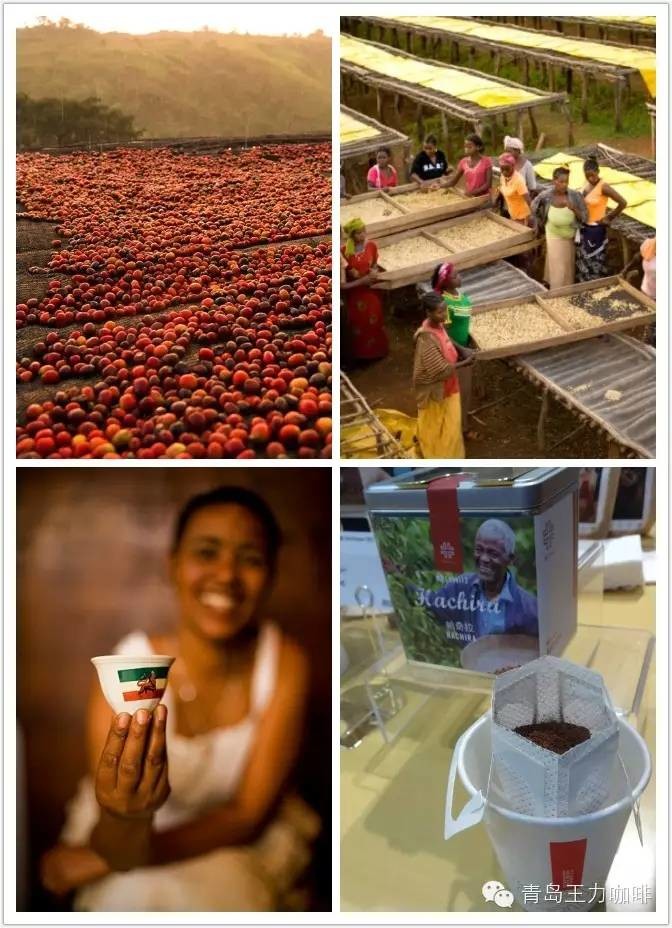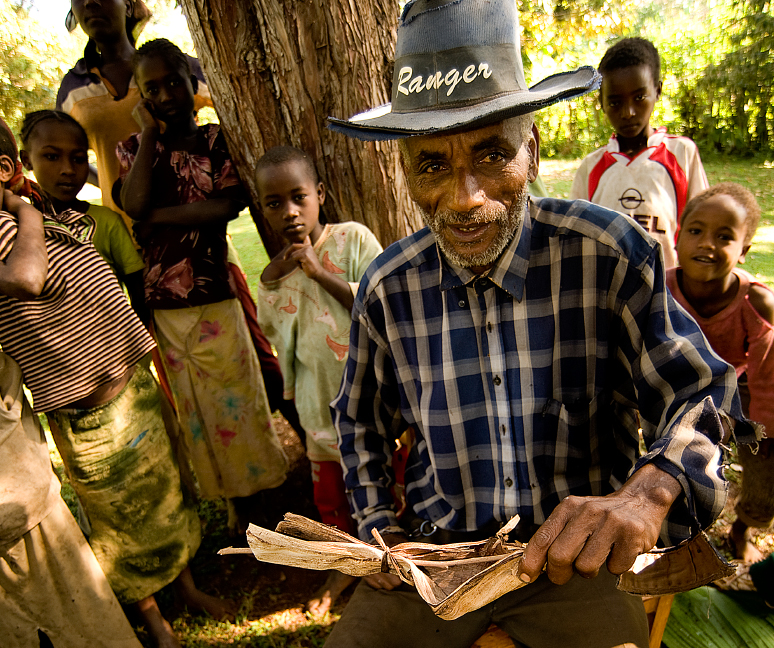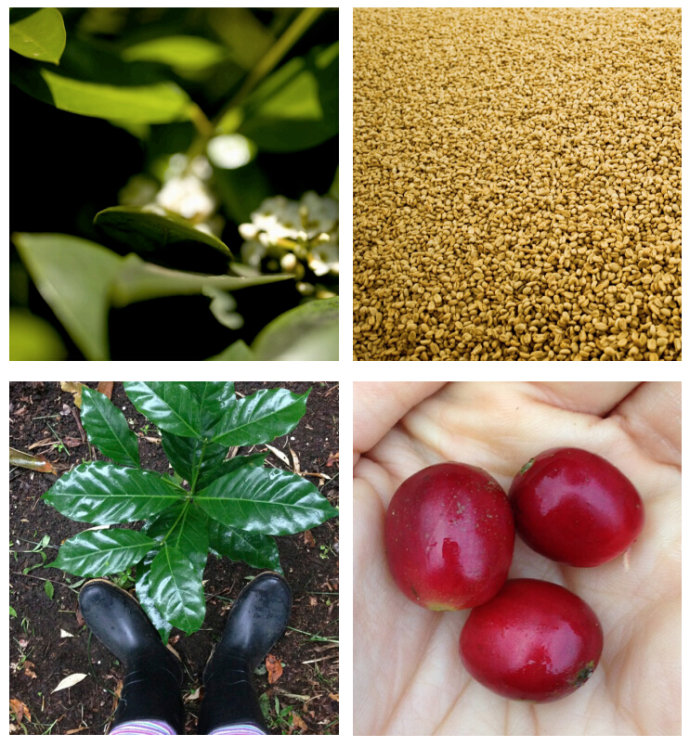What kind of coffee tastes good Arabica coffee beans Salvador Pacamara friends recommend El Salvador
Many coffee lovers will not know the country of El Salvador, which is located in Central America, bordered by Guatemala and Honduras in the north, and the Pacific coastline in the west and south. El Salvador is the smallest country in Central America and the most densely populated country in Central America. Topography to mountains, plateaus, multi-volcanic, Santa Ana active volcano 2385 meters above sea level, the highest peak in the country; the north for the Lompa River Valley; the south for the narrow coastal plain.
Although the land area of El Salvador is small, it has dozens of volcanoes, and it is the country with the highest volcanic density in the world, so it is called the "country of volcanoes". The average elevation of the country is high, and this geographical environment is very conducive to the growth of coffee, and the western part of El Salvador near Guatemala is the main coffee producing area.
Climatic characteristics
Savanna climate. The plain area belongs to the tropical rain forest climate and the mountain area belongs to the subtropical forest climate. The average annual temperature is 25-28 ℃. The annual precipitation is more than 1800 mm in mountain areas and about 1000 mm in coastal areas. The rainy season is from May to October.
Don't underestimate El Salvador's coffee production. In its heyday, it was once the fourth largest coffee producer in the world, but decades of civil war almost dragged down the coffee industry. fortunately, the war has stopped in recent years, and the coffee industry has come back to life. The only benefit that the civil war brought to the Salvadoran country was that the farmers' fields were barren and failed to catch up with the most popular Katimo exposure train in the past two decades, thus preserving the ancient bourbon and Tibica varieties, that is to say, El Salvador still uses the most traditional shade planting.
It has a positive effect on the aroma of coffee. In 2005, the Salvadoran mixed-race Pacamara boasted in coe, which confused many international cup testers and did not know how to grade it. It was never expected that this hybrid bean not only broke the mellow boundaries of coffee, but also expanded the visibility of Salvadoran coffee.
El Salvador boutique coffee is concentrated in the volcanic rock producing areas of Santa Ana in the west and Charantanan fruit in the northwest. In recent years, the top 10 cup tests are almost entirely from these two producing areas, with an altitude of about 9-1500 meters, mainly bourbon (68%). Followed by Pacas (29%), mixed-race Pakamara, Dulaai and Kaddura accounted for only 3%.
The coffee harvest lasts from November to March. The fresh fruit of coffee is picked by hand. Coffee in El Salvador is grown mostly by small farmers, who grow it in the traditional way: almost 100% shade. The coffee harvest lasts from November to March. The fresh fruit of coffee is picked by hand.
On the whole, Salvadoran coffee inherits the mild quality of Sino-American coffee, which is soft, slightly sour and has beautiful sweetness. At the same time, it also has its own characteristics: the aromatic taste is slightly sour and very soft; it is pure and has no miscellaneous flavor, and the taste balance is excellent; the smooth feeling like cream chocolate is impressive; the dense feeling of coffee in the mouth gives the coffee a deep taste and a long finish.
Introduction of Pacamara varieties:
Pacamara coffee is a hybrid of Pacas Pacas (a sudden variant of the bourbon species) and giant bean Maragogype (elephant bean) found in El Salvador in the 1950s.
It was first cultivated by researchers in El Salvador in 1958. Pacamara is an excellent variety under rare artificial breeding, which is better than blue, and perfectly inherits the advantages of the mother plant. Both the excellent taste of Pacas and the large size of Maragogipe are inherited by raw bean granules. The bean body is at least 70% and 80% of that of elephant beans, with more than 17 orders and more than 100% and more than 18 eyes. Average bean length 1.03 cm (general bean about 0.8-0.85 cm) average bean width 0.71 cm (general bean about 0.6-0.65), thickness 0.37 cm, bean shape plump and round. The biggest feature of this variety is that it is sour, lively and tricky, sometimes biscuit, sometimes fruity, thick and greasy. The quality is the best from El Salvador and Guatemala.
[introduction to the Manor]:
FincaAtaisi Manor is located in the volcanic producing area of Izalco (Izakou), Sonsonate Province, El Salvador. Due to volcanoes, the soil of the manor is very rich in organic matter. The average elevation of the manor is about 1800 meters and the terrain is steep. It is one of the highest manors in the area. At present, the owner of the manor is run by Mr. ReneMartin. Mr. ReneMartin's idea is to maintain the original traditional planting mode of El Salvador as far as possible. In addition to the necessary pruning and irrigation outside the garden to maintain a wide range of natural agroforestry ecology, more than 90% of the manor planted Pakamara varieties.
In addition to excellent planting, FincaAtaisi Manor also has its own coffee washing facilities, in addition to avoiding price exploitation to outsiders, the best thing is that it can be more rigorous in dealing with coffee red fruits harvested by carefully selected coffee. ReneMartin is very rigorous in the process of washing treatment, in addition to regularly recording the temperature and humidity of the day, it is also necessary to pay attention to the treatment of raw coffee beans in the fermentation tank.
Recommended item: [ElSalvadorFincaAtaisiWashedPacamara]
Country: El Salvador
Product name: RainforestAlliance rainforest alliance certification
Production area: Izalco (Yizhakou) area, Sonsonate Province
Level: SHG
Treatment: washing and fermentation, sun drying
Altitude: 1800 m
Variety: Pakamara
[cup test report]
Dry aroma: spices, passion fruit, hazelnut nuts, berries
Wet fragrance: nut chocolate, passion fruit sweet and sour, cream chocolate, strawberry aftertaste, nuts.
[sips]:
The entrance is very delicate and silky, with clear and soft acidity slipping across the tongue, as quiet and soft as all Pacamara features. Interrupting the fresh acidity of wild berries and the nutty aromas of hazelnuts, the end of the caramel is sweet and the finish is delicate and sweet. Huigan lasting, long throat rhyme, suitable for savoring in the quiet night.
El Salvador Pacamara species Ataisi Manor medium baked water washing 89.00 178.00 nuts chocolate, passion fruit, cream, strawberries
El Salvador Himalayan Manor medium baked half-sun 75.00 150.00 plums, brown sugar, red wine acid

Important Notice :
前街咖啡 FrontStreet Coffee has moved to new addredd:
FrontStreet Coffee Address: 315,Donghua East Road,GuangZhou
Tel:020 38364473
- Prev

Imported coffee beans Qianjie coffee American imported coffee beans El Salvador Pacamara species Ataisi Manor
Many coffee lovers will not know the country of El Salvador, which is located in Central America, bordered by Guatemala and Honduras in the north, and the Pacific coastline in the west and south. El Salvador is the smallest country in Central America and the most densely populated country in Central America. The topography is mainly mountainous and plateau, with many volcanoes. Santa Ana active volcano is 2385 meters above sea level.
- Next

Ten most expensive kinds of coffee in the world El Salvador Pacamara brand wholesale imported boutique coffee
Many coffee lovers will not know the country of El Salvador, which is located in Central America, bordered by Guatemala and Honduras in the north, and the Pacific coastline in the west and south. El Salvador is the smallest country in Central America and the most densely populated country in Central America. The topography is mainly mountainous and plateau, with many volcanoes. Santa Ana active volcano is 2385 meters above sea level.
Related
- Does Rose Summer choose Blue, Green or Red? Detailed explanation of Rose Summer Coffee plots and Classification in Panamanian Jade Manor
- What is the difference between the origin, producing area, processing plant, cooperative and manor of coffee beans?
- How fine does the espresso powder fit? how to grind the espresso?
- Sca coffee roasting degree color card coffee roasting degree 8 roasting color values what do you mean?
- The practice of lattes: how to make lattes at home
- Introduction to Indonesian Fine Coffee beans-- Java Coffee producing area of Indonesian Arabica Coffee
- How much will the flavor of light and medium roasted rose summer be expressed? What baking level is rose summer suitable for?
- Introduction to the characteristics of washing, sun-drying or wet-planing coffee commonly used in Mantenin, Indonesia
- Price characteristics of Arabica Coffee Bean Starbucks introduction to Manning Coffee Bean Taste producing area Variety Manor
- What is the authentic Yega flavor? What are the flavor characteristics of the really excellent Yejasuffi coffee beans?

